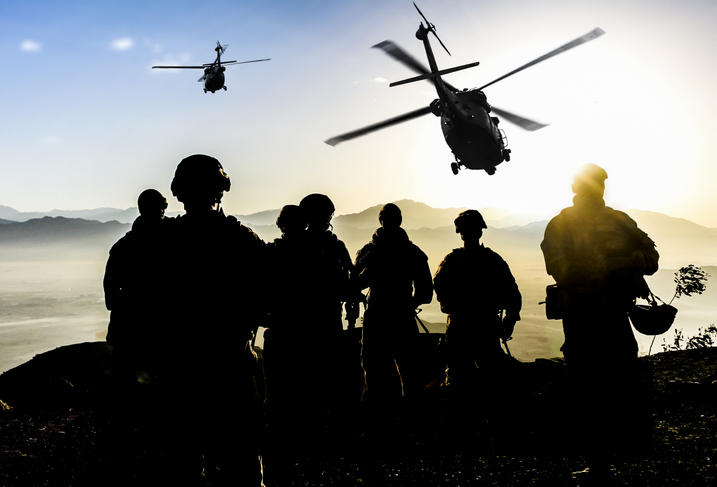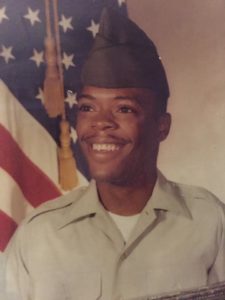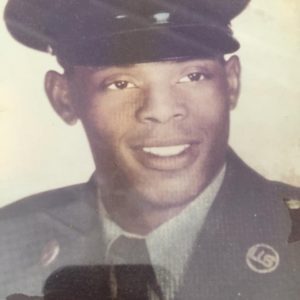How the Military Prepared Me for Sterile Processing

By Hassan Bilal, CRCST, CST | November 12, 2018
My career in central sterile came full circle last week when I presented to about 40 members of the U.S. Armed Forces at the San Antonio Military Medical Center, formerly known as Brooke Army Medical Center. I retired as a paratrooper after 24 years of service. I started as a paratrooper platoon sergeant; worked my way to a burn unit facility at this very same medical center I had my presentation.
Eventually I went on to become a senior manager for the chief of surgery for Evans Army Hospital which covered 18 work areas including:
- Operating room
- Sterile Processing
- Anesthesia
My military career took me all over, and I don’t mean just traveling. I worked as an operating room technician and sterile processing technician, meaning I worked in the hospital and in combat units. Can you imagine, this critical part of preventing infections in operations being done out in the field?

Hassan Bilal served as a paratrooper platoon sergeant on a forward surgical team at Fort Bragg, N.C.
Why did I join?
My mother was an operating room nurse. She’s the reason I took the path I did. My family is made up of loved ones who also served. My father, uncles and siblings all joined the military. My sister was a drill sergeant and my brothers were infantry. Like other veterans, I always had a sense of pride and honor to be part of this family who were selfless and put country first. We never questioned our decisions and I always loved being part of this team.
What lessons from the military do I apply to central sterile?
Sterile processing workers are hard workers. We’re also so very important to the operating room of a hospital, but sometimes overlooked and underappreciated. This is important to keep in mind as I reflect on my military experience.
In the military, you don’t consider yourself overworked even though you’re on deployments working seven days a week, 12 hours a day. This lasted for month and months. I never complained. I never questioned. It was my duty.

Bilal credits his family members like his father who served in the U.S. Army Airborne Division, for enlisting.
In central sterile, we should also remember we must continue to work to do the right thing, no matter how long it takes. Our mission never stops. The patients are first. Their safety is our mission. Think about the gratification of helping someone or a family you may never know. This is where “doing the right thing” pays off.
To my fellow veterans and colleagues in central sterile, remember what’s deep inside of you: Loyalty, Duty, Respect, Selfless service, Honor, Integrity, and Personal courage – the Army values that spell out the acronym LDRSHIP.
Follow these military values and you too will find success and gratification in central sterile.
Get exceptional quality products for your sterile processing departments, as well as support from experts in the field and continuing education.
Hassan Bilal, CRCST, CST
Operating Room Educational Consultant
Hassan Bilal supports and advises a sales force of over 1,000 Medline sales representatives on central sterile products, standards and technology which cover the United States and Canada. He is a voting member on the ST79 Sterilization Standards Committee for the Association for the Advancement of Medical Instrumentation (AAMI). He has instructed classes for Certified Surgical Technologist. He has also taught certification classes for students of the Central Sterile Association of Canada throughout Ontario. He speaks nationally at local, regional and state IAHCSMM chapters. He has also spoken at numerous Central Sterile departments, AHRMM conferences and AORN chapters.

